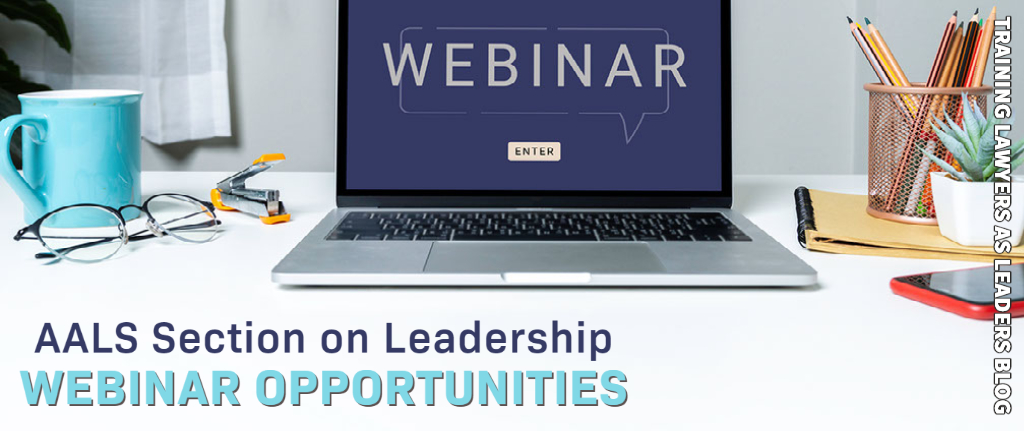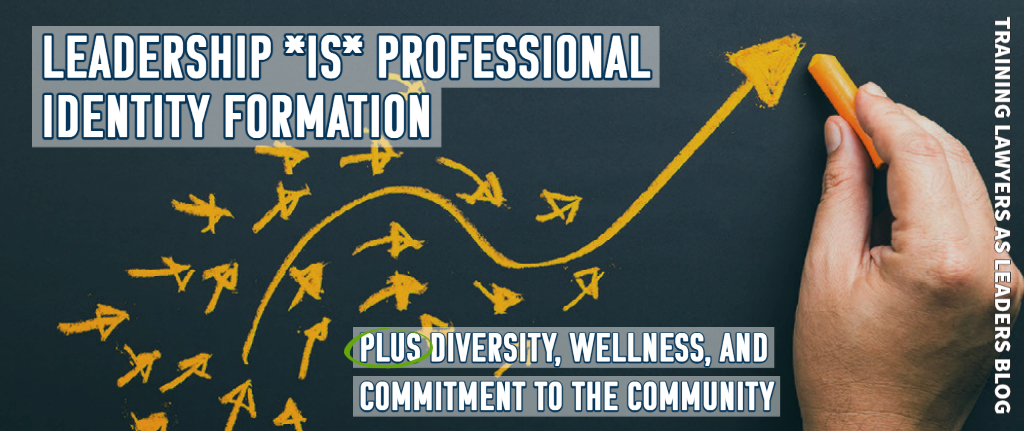
This year, the AALS Section on Leadership is hosting several Zoom webinars for Section members to get together for fellowship and learning from one another.
On the first webinar, a roundtable discussion was held for attendees and guests to discuss the leadership programming they have implemented at their schools. These conversations sparked ideas for everyone to consider applying to their own programs. The discussion was hosted by April Barton, Dean and Professor of Law, Thomas R. Kline School of Law of Duquesne University, Aric Short, Professor of Law & Director of Professionalism and Leadership Program, Texas A&M University School of Law, and Tania Luma, Assistant Dean, Diversity, Equity, Inclusion and Clinical Professor, Loyola Chicago Law School. The recordings will be made available to Section members soon.
Leah Teague and Stephen Rispoli are hosting the second webinar on Monday, June 26, 2023 – 11:00 a.m. – 12:00 p.m. EST. They will be joined by Neil Hamilton, Holloran Professor of Law and Co-director of the Holloran Center for Ethical Leadership in the Professions at the University of St. Thomas School of Law. The Holloran Center is the national leader in the professional identity formation movement. The conversation will focus on how professional identity formation efforts and leadership development programming align and complement each other. We invite you to join us to share how you are using leadership development programming to satisfy the new ABA Standard 303(b) requiring law schools to provide substantial opportunities for “the development of a professional identity.” Please click this link to register.
Below are the other sessions this summer and fall. You can register for each by clicking on the date and time:
Wednesday, July 19, 2023 – 12:00 p.m. – 1:00 p.m. EST – Joan Heminway, Interim Director, Institute for Professional Leadership, Rick Rose Distinguished Professor of Law, The University of Tennessee College of Law and Martin Brinkley, Dean and Distinguished Professor, University of North Carolina School of Law
Monday, September 25, 2023 – 3:00 p.m. – 4:00 p.m. EST – Lee Fisher, Dean, Cleveland State University College of Law
Wednesday, October 18, 2023 – 3:00 p.m. – 4:00 p.m. EST – Kellye Testy, President and CEO, LSAC and Hillary Sale, Associate Dean for Strategy, Georgetown University





